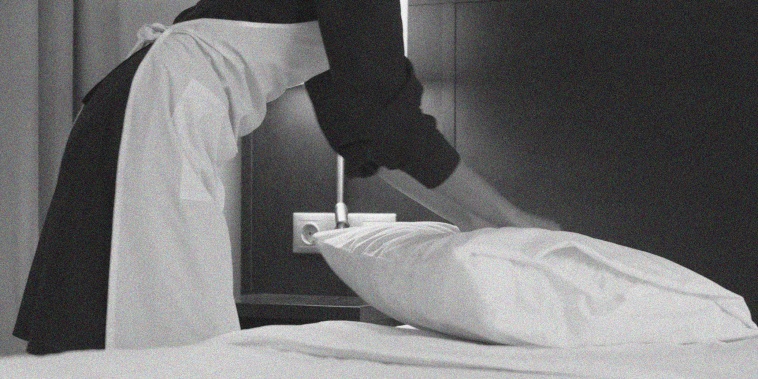Ever check out of a hotel and notice a “transient occupancy tax” on your bill? Unfortunately for your wallet, the Biden administration’s crackdown on “junk fees” won’t do anything about it.
But unlike some of the add-ons hoteliers and booking sites charge, this common type of tax doesn’t pad corporate margins, and the projects it funds are evolving in step with the post-pandemic tourist economy.
These levies — often known generically as “bed taxes,” though they go by many names — are imposed by state, county and local governments or tourism improvement districts. They can drive up the cost of an overnight stay at hotels, motels, bed and breakfasts, campgrounds, and short-term rentals like Airbnbs, sometimes by up to 20%.
The jurisdictions typically decide how to allocate the revenue these taxes pull in. Sometimes they supplement governments’ operating budgets; other times they’re used to finance tourism campaigns, build convention centers, support cultural programs or hire beach lifeguards.
But in Estes Park, Colorado, bed taxes are now subsidizing housing and child care costs for local workers.
The mountain community, known as a base camp for adventures in Rocky Mountain National Park, voted for that move after a law Colorado enacted in March 2022 began allowing cities and counties to use hotel tax proceeds to cover housing and child care for their tourism-related workforces. In Estes Park, the decision came after advocates flagged a proliferation of second homes and short-term rentals that they said had strained affordability in the area.

